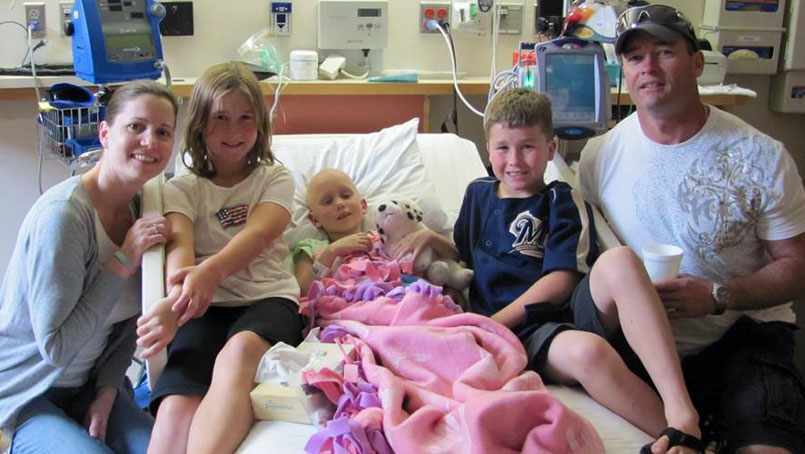-
Proton Beam Therapy Gives Young Girl Good Prognosis Despite (Frightening) Diagnosis
This article originally appeared in Sharing Mayo Clinic.
Sherry Chesak, Ph.D., is a program director in Education and Professional Development at Mayo Clinic's Rochester campus, and has worked with doctors as they learn how to communicate compassionately with patients. That includes practices sessions that involve delivering bad news, such as, "You have cancer" or "Your mother's condition isn't curable."
When Sherry and her husband, Andy, were told that their 5-year-old daughter, Anika, had an inoperable tumor with many "fingers" behind her right eye on the optic nerve, Sherry stared at the door to the doctor's office, waiting for someone to walk in and tell them it was a practice session.
Read the rest of Anika's story on Sharing Mayo Clinic.








